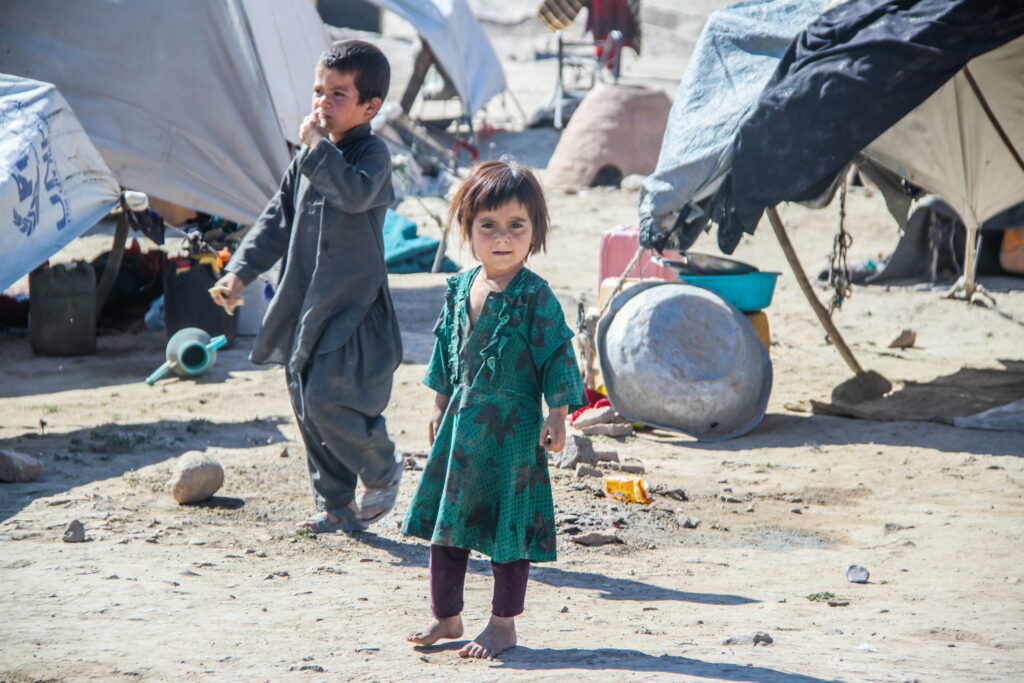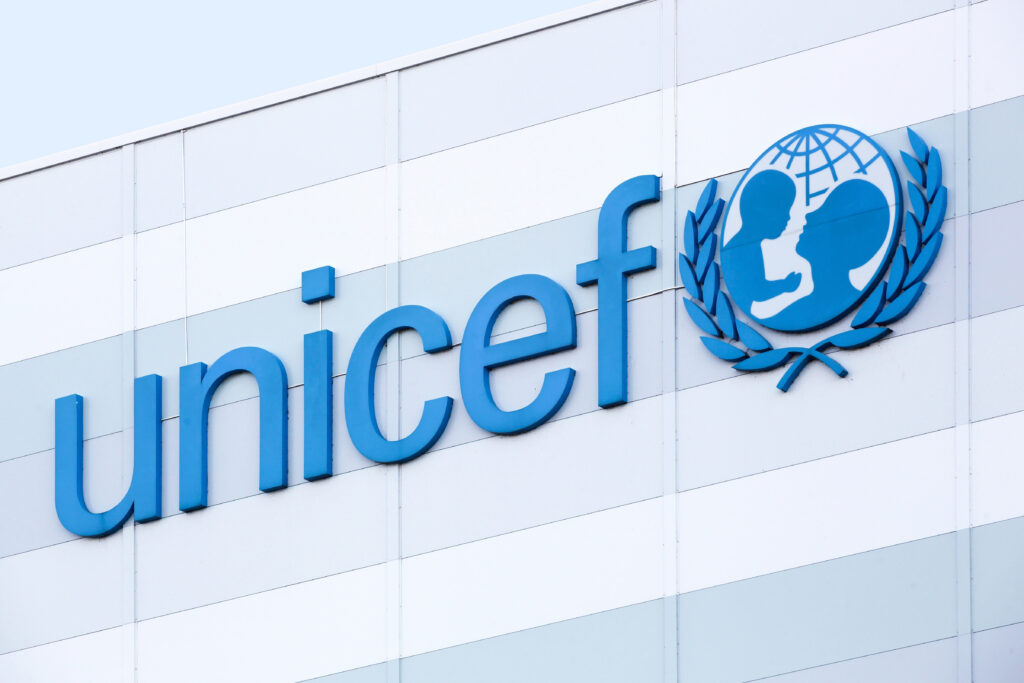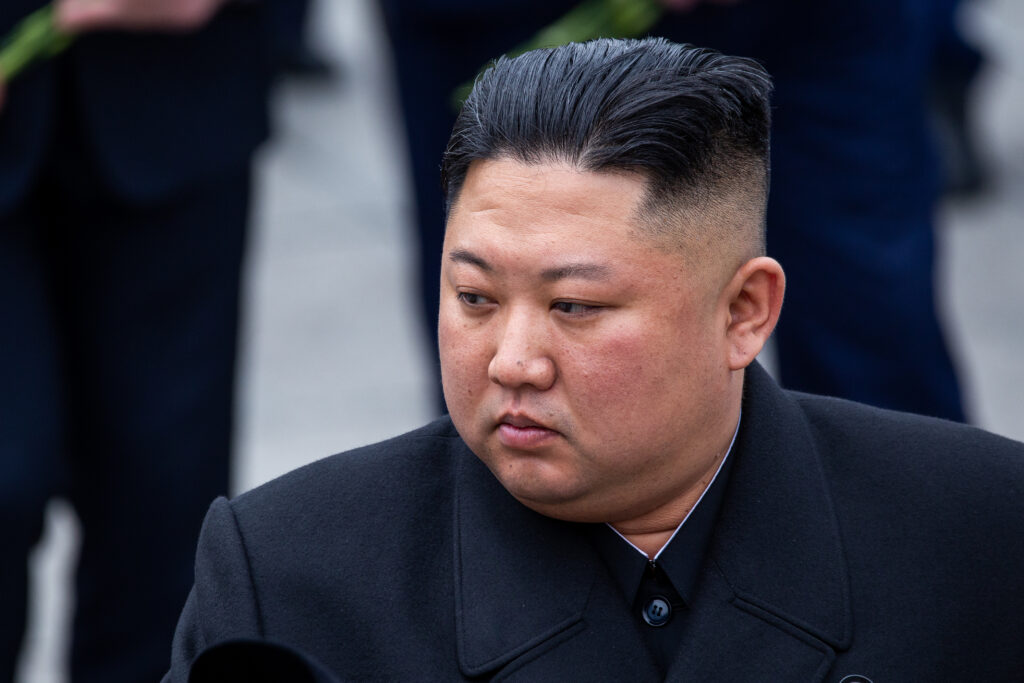Preceded by one of the worst droughts in decades, the Taliban takeover of Afghanistan in August 2021 was the final blow pushing the Afghan population into one of the worst humanitarian crises in recent times. With over nine million people displaced, women’s rights severely undermined, a freefalling economy, and a famine looming over the most vulnerable, the country is on the brink of reaching “universal poverty”. The UN Development Programme projects that 97% of Afghans could be below the International Poverty Line by mid-2022, living with less than 1.90 USD per day. This will further exacerbate the already raging famine, eliminating educational opportunities for children and dramatically increasing the deterioration of livelihoods.


The violent coup led to the withdrawal of international development funds that are assumed to have accounted for around 80% of the toppled Afghan government’s spending. Followed by the freezing of other financial assets to prevent the strengthening of the Taliban, aid-funded infrastructure, such as the healthcare system, crumbled away. With the majority of the population severely affected, Afghanistan is in dire need for support. However, to paint a picture of full control, the Taliban regime is not officially acknowledging the current crisis. This strategic approach is profoundly complicating the supply and distribution of aid within the country.
The ongoing disaster is just one example of the dilemma international humanitarian aid providers repeatedly face: whether and how support can be provided for people living in authoritarian regimes. As in Afghanistan’s case, international development payments to governments are often cut with the takeover of autocratic groups. This is to prevent ruling powers from using aid payments, the argument goes, for corrupt and harmful ventures at the population’s expense. The primary relief is thus mostly provided in the form of targeted—cause-specific and thus less corruptible—emergency humanitarian aid.
Though organisations at the local and national level play important roles in alleviating the effects of crises, it is mostly international organisations, such as the World Food Programme, the International Committee of the Red Cross or UNICEF that have the financial reach for fast and extensive resource mobilisation. This is primarily due to efficient response coordination through the United Nations and the Office for the Coordination of Humanitarian Affairs (OCHA), allowing for joint decision and policy making.


Emergency relief can prevent some misuse of international development funds, as humanitarian aid predominantly consists of food aid, medication and other goods rather than cash payments. But its greatest quality is found elsewhere: it is the impartiality of humanitarian organisations which ensures that the relief reaches those in need independent of their ruling regime.
Nic Cheeseman, Professor of Democracy at the University of Birmingham, says that this can be referred to as the “humanitarian” principle. In contrast to development funds that are mostly stalled with the takeover of a non-democratic regime, humanitarian aid provision continues to help the most vulnerable. However, he also acknowledges the possibility of humanitarian aid being used as a form of soft power to influence other countries.
This further complicates the matter of aid provision: while democratic countries may be willing to provide aid for authoritarian countries, some of those regimes either deny the necessity of aid or even prevent the supply of it. Regardless of international organisations abiding to the principle of impartiality, the potential loss of autonomy by accepting those funds seems a high price to pay.
In the case of North Korea, the situation has reached a critical point where the government is actively denying aid such as food and Covid-19 vaccines, for fear of US influence. The decision for complete border closure at the start of the pandemic in 2019 further exacerbated already present supply issues into a full-fledged famine. After Kim Jong Un eventually admitted a “tense” situation regarding North Korea’s food security, a limited number of food and health supplies were allowed into the country. Still, it is only a miniscule amount compared to what would be needed, disproportionately putting the pressure on regular citizens.


So far, flows of aid supplies into Afghanistan are still possible, though limited by the downplaying of the regime. To gain more control, the Taliban are pressing for the release of their financial funds to increase their liquidity and capacities to operate. But with their non-compliance with women’s rights—a factor of high importance for Western powers—this seems far-fetched.
A promising development was the launch of an appeal for a joint response plan of the UN together with major NGOs in January 2022. It aims to provide the necessary emergency support, such as medicine, food and shelter. Requiring around 4.44 billion USD, the Afghanistan Humanitarian Response Plan is thought to be one of the most significant humanitarian appeals ever rolled out.
However, with international bank transfers to Afghanistan still blocked, local aid agencies face difficulties to access funds. Even though the UK and US treasuries stated that humanitarian aid flows are not affected by this, the resulting economic hardship in Afghanistan makes it challenging for humanitarian actors to operate. To prevent the system from further collapse, a number of aid agencies including Save the Children demand the release of further funding going beyond just emergency aid. The dilemma of helping the vulnerable without strengthening an authoritarian regime and their human rights violations thus becomes ever more urgent to solve.
Julia Hampel




